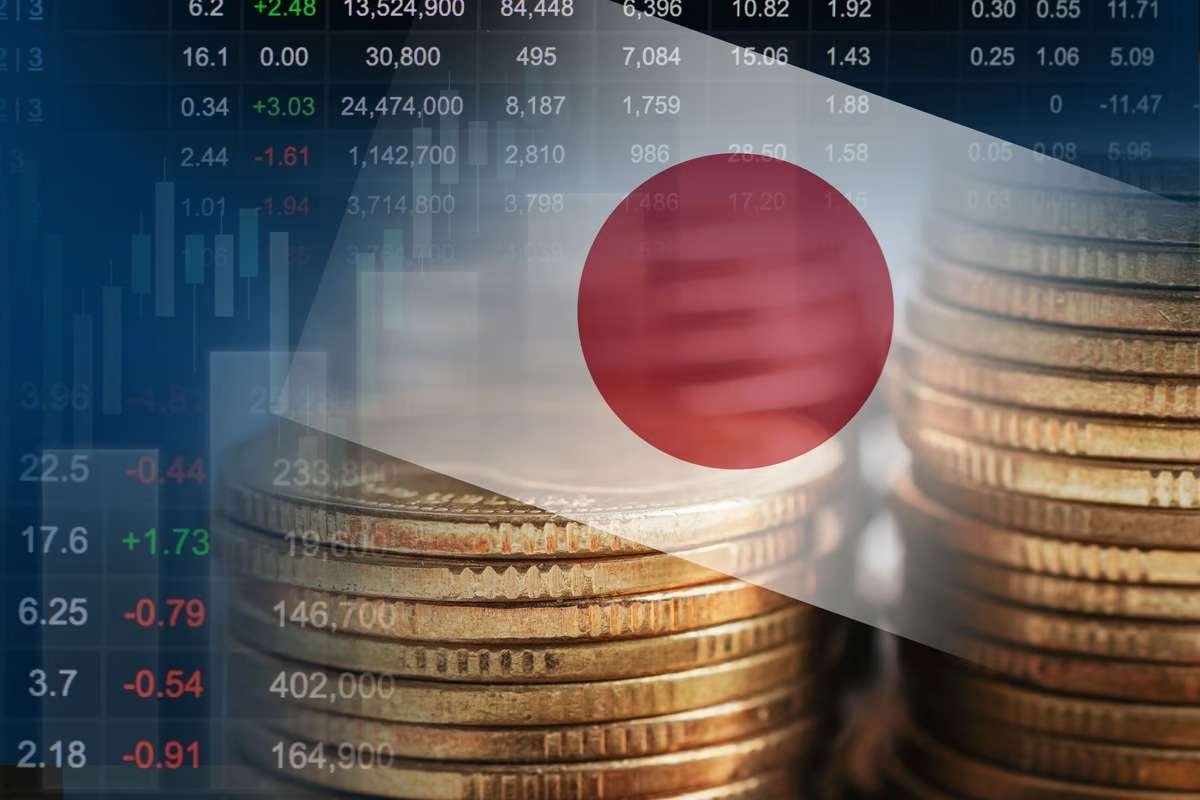According to data from Japan’s Ministry of Health, Labor and Welfare, Japan’s economic recovery faces renewed pressure as Japan real wages in May 2025 dropped by 2.9% year-on-year, marking the steepest decline in 20 months. This is the fifth straight month of falling real wages, driven largely by soaring consumer prices and sluggish growth in nominal pay.
While nominal wages rose by 1.0%, the increase was overshadowed by a 4.0% spike in inflation, severely eroding household purchasing power. A significant 18.7% drop in special bonus payments contributed to the weak nominal gain, with regular pay and overtime also slowing. The data paints a troubling picture of Prime Minister Shigeru Ishiba’s economic policy, which hinges on wage-led growth to solidify Japan’s recovery and pave the way for monetary tightening.
Economists have flagged this trend as a red flag for consumption-led growth. Though household spending jumped 4.7% in May, its fastest pace in almost three years, analysts warn that sustained growth in Japan real wages is essential for this momentum to last.
Union Gains Contrast With Uneven Wage Landscape
The latest spring wage negotiations (shunt) had offered a glimmer of hope, with major firms agreeing to an average 5.25% wage hike, the highest in over three decades. These hikes were largely concentrated among unionized workers in big corporations, leaving much of Japan’s workforce, especially those in smaller, non-unionized firms, behind.
This imbalance is reflected in government data, which is weighted toward smaller businesses. Many of these companies struggle to match wage hikes due to tighter margins and limited pricing power. The Japan Trade Union Confederation (Rengo) has called for broader wage growth, aiming for 5–6% raises even among small and mid-sized firms.
The current two-tier wage structure raises concerns about growing inequality and its long-term impact on domestic demand. Without wage diffusion beyond large corporations, the benefits of inflation-driven profits risk bypassing a significant portion of the workforce.
BOJ Under Pressure as Yen Weakens and Tariff Risks Loom
The weak wage data adds pressure on the Bank of Japan (BOJ), which has signaled that sustained Japan real wages growth is a key factor before further adjusting its monetary policy stance. Despite the recovery in household spending, the BOJ remains cautious about tightening, particularly with external uncertainties clouding the horizon.
Notably, the Japanese yen dipped following the release of the wage data, reflecting market skepticism about economic resilience and future rate hikes. Adding to the uncertainty are potential U.S. tariff increases on Japanese goods, which could further hurt corporate earnings and reduce firms’ willingness to raise wages.
Economists from Daiwa Securities and Mizuho suggest that while nominal wages could remain strong through 2026, inflation-adjusted growth may continue to lag unless smaller businesses catch up. Until then, Japan’s path to sustainable recovery and interest rate normalization remains uncertain.
Japan’s economic paradox is growing clearer: record nominal wage hikes coexist with eroding Japan real wages. While household spending and big-company earnings remain strong, real wage stagnation in the broader labor market poses a serious threat to long-term stability. For policymakers, closing the gap between inflation and income will be key to unlocking a truly inclusive recovery.
Visit CIO Women Magazine to read more.
Sources:
https://www.tradingview.com/news/te_news:468159:0-japanese-yen-slips-after-weak-wage-data/162/162









